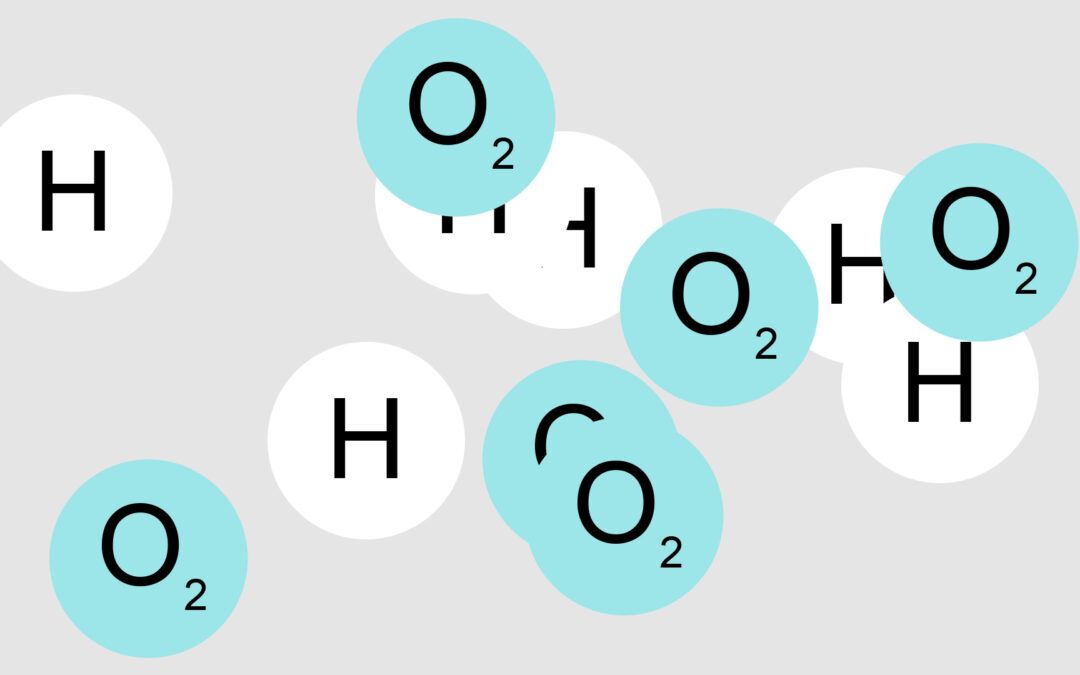Everyone is talking about hydrogen.
Although not yet widely used in the UK, it is set to become a major source of renewable energy over the next few years. The government have highlighted hydrogen and fuel cell technology as a key part of the UK’s journey to net zero carbon in their 10-point plan for a green industrial revolution.
With the potential to heat our homes and fuel our cars in the future, we need to start considering it now.
How does it work?
Hydrogen is the most common element in the world, making up about 75% of the mass of the universe. It can be produced in a variety of ways, although some methods produce carbon, necessitating the use of carbon capture and storage in the process. “Green hydrogen” uses electrolysis to split water into hydrogen and oxygen, a process which is carbon neutral providing renewable electricity is used.
Hydrogen is then passed through membranes in a fuel cell to produce energy. The hydrogen reacts with oxygen producing heat and electricity, and the only by-product is water. Fuel cells are typically at least twice as efficient as traditional combustion-based technologies and, unlike batteries, do not need recharging.
Is Hydrogen the Future?
The government sees hydrogen as key component of the UK’s future green energy mix, and is backing a range of projects to test the technology around the country.
The North West may currently be leading the way in this green industrial revolution. HyNet North West is an innovative low carbon and hydrogen energy project set to kick start the decarbonisation of the North West of England and North Wales. From 2025 it plans to begin producing, storing and distributing hydrogen in the region, as well as capturing and storing carbon from industry.
The creation of a new low carbon hydrogen hub was announced last year in Greater Manchester, supporting the region’s ambition to become the first net zero region in the world by 2040.
The project is a collaboration between Manchester Metropolitan University, Greater Manchester Combined Authority (GMCA), Trafford Council, Carlton Power, Cadent Gas and Electricity North West.
Located at Trafford Low Carbon Energy Park, the hub would produce sustainable hydrogen fuel at scale. This will be a valuable opportunity for local businesses planning to move towards net zero carbon to take advantage of this technology.
UK Trials
Trials of hydrogen energy usage are already taking place all over the UK. One of the first was carried out at Keele University, where 20% hydrogen was injected into the university’s existing private gas network, supplying 30 faculty buildings and 100 private properties. Hydeploy, the hydrogen energy project running the trial, has now moved onto a much larger trial in Winlaton, Gateshead. 668 Houses, a school and some small businesses will receive the hydrogen gas blend through the public natural gas network in a trial lasting ten months.
Old iron mains gas pipes are not suitable for carrying hydrogen, so these pipes are being replaced with plastic throughout the country to facilitate a future change in mains gas composition.
Several homes running on 100% hydrogen are also being set up as testing sites to demonstrate the technology and gather data on their performance.
What we can Offer
Here at Crookes Walker we are following the UK’s hydrogen journey closely. We are always looking for new ways to design more sustainable buildings, and are eager to get our hands on new technology.
Meet Andy Ringland, our hydrogen champion. Kick-starting the journey with a course at the Manchester Fuel Cell Innovation Centre, he is now actively looking for opportunities to integrate the technology into building services and energy networks.
While most buildings are not able to access a hydrogen supply at the moment, it makes sense to be looking forward. We can carry out a feasibility study to assess how “hydrogen ready” an existing or in-design building is. We can also discuss how to get ahead of the game by future proofing designs ready for a hydrogen roll out. Contact us to find out more.
With the ban on all gas boilers in new builds homes from 2025, hydrogen ready boilers will likely be rolled out over the next few years to large industrial and commercials users, and retrofitted into homes and ‘difficult to heat’ buildings as the UK ramps up trials of hydrogen in the existing gas network. The technology will be here before we know it, so it’s time to get prepared.
Want to know more? Lets talk
